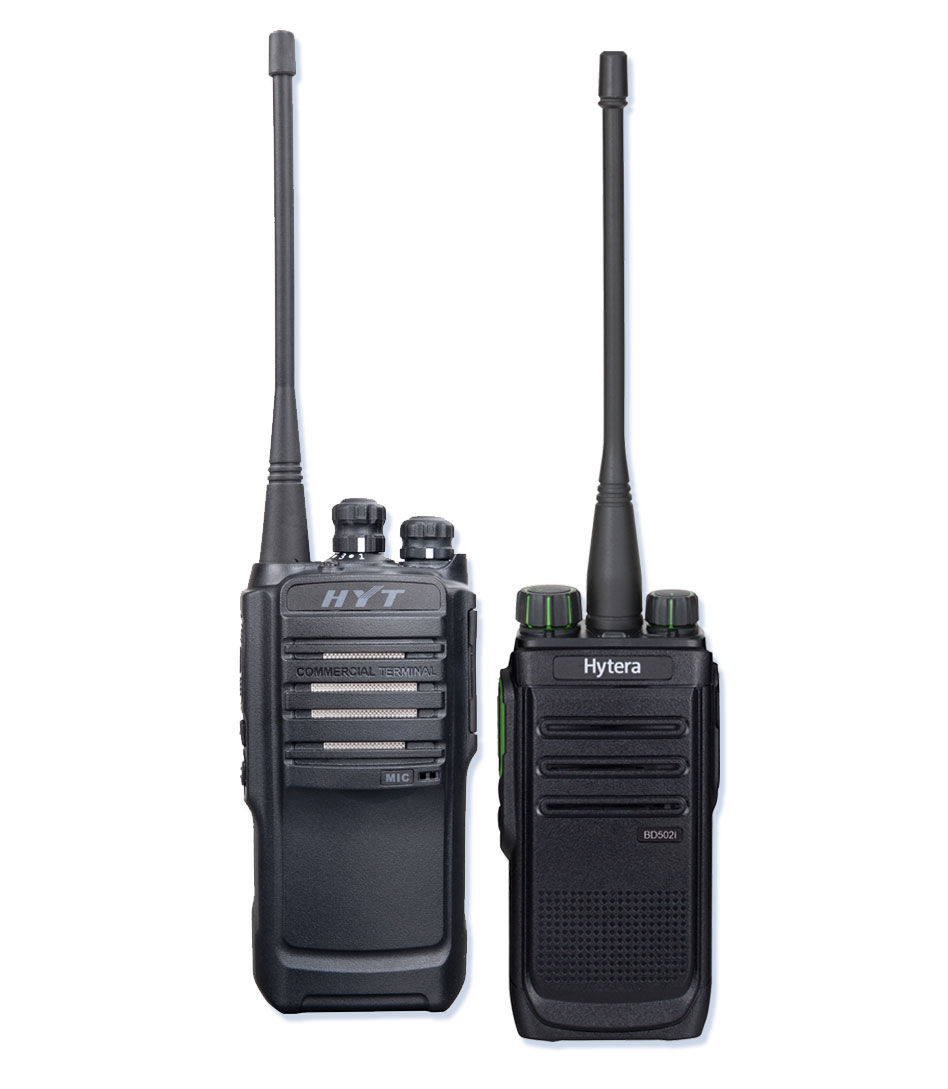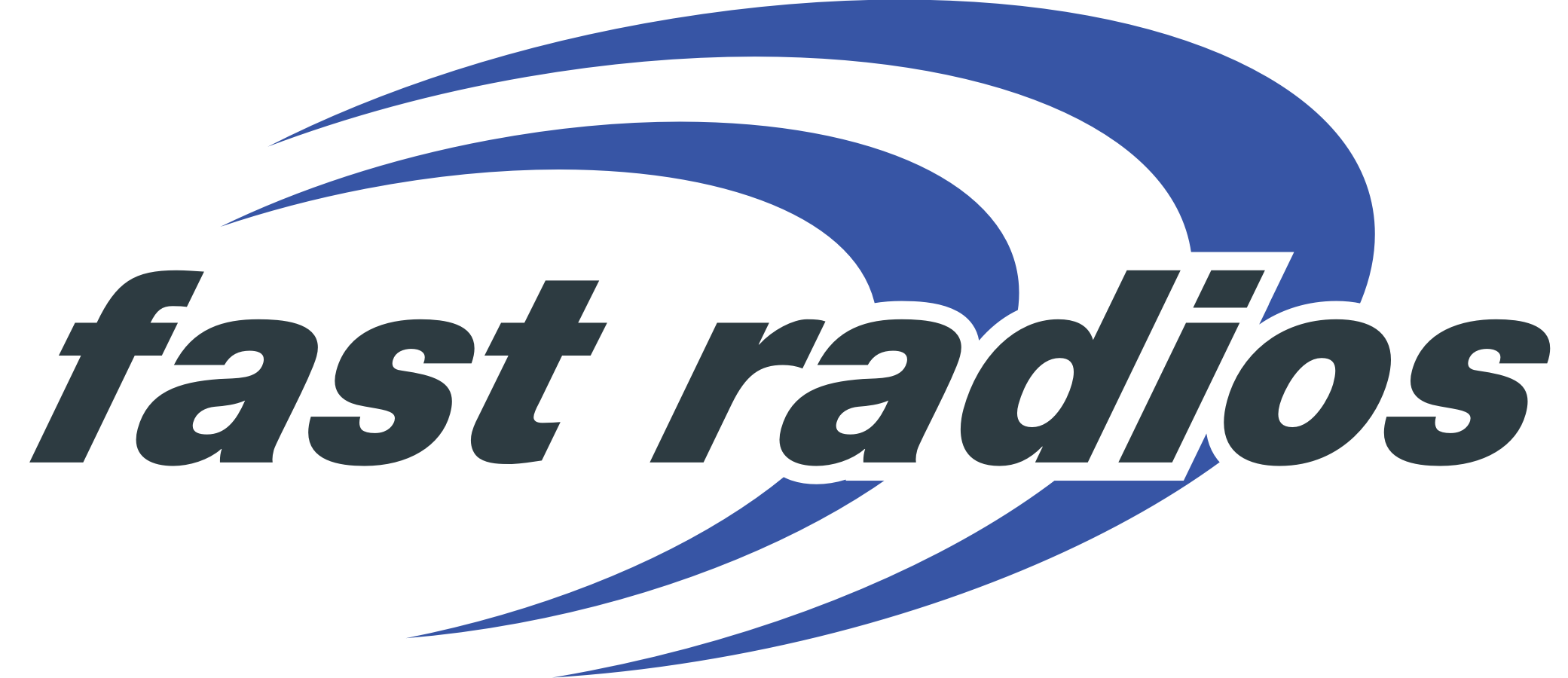TWO WAY RADIOS FOR SUMMER CAMPS,
CAMP OWNERS AND CAMP DIRECTORS
SUMMER CAMPS, CAMP OWNERS AND CAMP DIRECTORS

FREQUENTLY ASKED QUESTIONS
What is the difference between UHF and VHF?
UHF is a higher wavelength than VHF. UHF stands for ultra-high frequency, and VHF stands for a very high frequency. When using two-way radios for communication at your property, UHF radio frequency passes through obstacles better than VHF. VHF is a longer wavelength and tends to bounce off of walls where UHF is a shorter wavelength and penetrates through obstacles better than VHF.
What is the difference between analog and digital?
Analog two-way radios cost less than digital however, the cost for digital two-way radios has come down significantly in recent years. The audio on analog two-way radios becomes noisy and hissy when they are on the outer edges of their range. Digital two-way radios have more functionality and features available than analog, and the sound quality of digital two-way radios is better than analog.
With digital two-way radios you have the opportunity for group calling and individual calling on certain models. It is widely expected for the FCC to eventually eliminate analog two-way radios. That doesn’t mean your analog radios will suddenly quit working, it just means that at some point, it will be very difficult to get additional radios.
If you are considering new radios, and deciding between analog and digital, it comes down to a business decision based on budget and your need for features available.
Do I need a repeater?
Fast Radios offers a free trial to give you an opportunity to test a pair of two-way radios at your facility. The best way to know if you need a repeater is to use the free trial and see how far the two radios will reach around your property. If you have areas with little or no coverage, often referred to as dead spots, it is very likely that a repeater, which saturates the area with coverage, will improve the range and performance of your two-way radios. The only way to know is to test.
What about licensing and the FCC?
If you are using two-way radios for business, and they are full powered, meaning they transmit at five watts, which is the most the FCC allows, you should have an FCC license. The FCC grants frequencies to entities using two-way radios with a 10-year license.
We will complete the application and file it with the FCC through our frequency coordinator for you. The cost is minimal and the license is for 10 years. You get frequencies granted to you in the business band and you will be following FCC rules – it’s a good business decision.
What about durability? What’s the difference between a $123 radio and a $300 radio?
The Ingress Protection Rating and Military Specifications and Standards Rating, commonly called “mil-spec”, are found in the specifications of two-way radios. If you are shopping for radios and don’t see one or both durability ratings, there’s a good chance you’re looking at a very cheap radio that will have very little durability.
Fast Radios offers commercial grade two-way radios that have an ingress protection rating of IP 54 or better, which is the rating for resistance to dust and moisture. We also offer radios that have a military specification standard 810 or better.
The better the rating, the more durable and more expense the radio.
A two-way radio for summer camps with an ingress protection rating of IP 68 means:
6-No ingress of dust; complete protection against contact (dust-tight). A vacuum must be applied, and test duration lasts up to 8 hours based on airflow.
8-The equipment is suitable for continuous immersion in water under conditions which shall be specified by the manufacturer.
There are also marine VHF radios for use on the water that float
What kind of range can I expect from commercial grade two-way radios?
Range is a function of transmit power, frequency band, and antenna height. Lower priced two-way radios are rated for .5 watts (500 milliwatts), one watt, or two watts of transmit power.
Full powered commercial grade two-way radios are rated for 4 or 5 watts of transmit power. UHF radios in the business band penetrate obstacles like buildings, walls, cars, people, foliage, etc. better than VHF radios, which tend to carry further, but do not penetrate obstacles well.
The antenna height has a very big influence on the range. The higher the antenna, the further the radio frequency will carry. Someone sitting in a vehicle with a handheld radio will not get the same range as someone standing outside the vehicle. And someone standing on top of the vehicle will get more range than either of the other two, all using the same radio.


